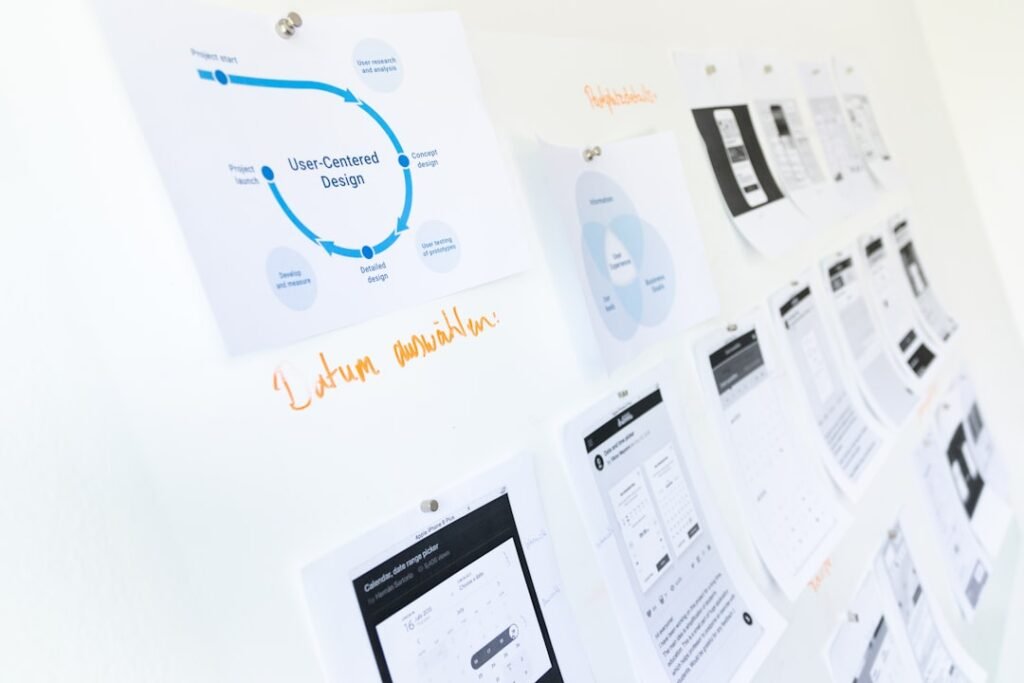
Young professionals struggle to manage their finances effectively, often lacking visibility into their spending patterns and savings goals. The existing solutions in the market were either too complex for everyday use or too simple to provide actionable insights.
Through user interviews with 15 participants aged 25-35, we discovered that 80% of users wanted a simple way to track expenses, while 65% needed help setting and achieving financial goals. We also conducted competitive analysis of 8 existing finance apps.

Based on our research insights, we conducted design workshops with stakeholders to explore different approaches. We focused on three key areas: simplified expense tracking, goal-oriented savings, and educational financial content.

The final design featured a clean, intuitive interface with personalized financial insights. Key features included automatic expense categorization, visual progress tracking for goals, and smart notifications to help users stay on track.

We created interactive prototypes for user testing, focusing on the core user flows: onboarding, expense tracking, and goal setting. The prototypes were tested with 12 users to validate our design decisions.
The redesigned app launched with significant improvements: 32% increase in user activation, 28% reduction in onboarding drop-off, and 4.8/5 user satisfaction rating. Monthly active users increased by 45% within the first quarter.
This project reinforced the importance of user-centered design and iterative testing. We learned that financial apps need to balance functionality with simplicity, and that users value transparency and control over their financial data.

This project reinforced the importance of user-centered design and iterative testing.

This project reinforced the importance of user-centered design and iterative testing.

This project reinforced the importance of user-centered design and iterative testing.

This project reinforced the importance of user-centered design and iterative testing.

This project reinforced the importance of user-centered design and iterative testing.

This project reinforced the importance of user-centered design and iterative testing.